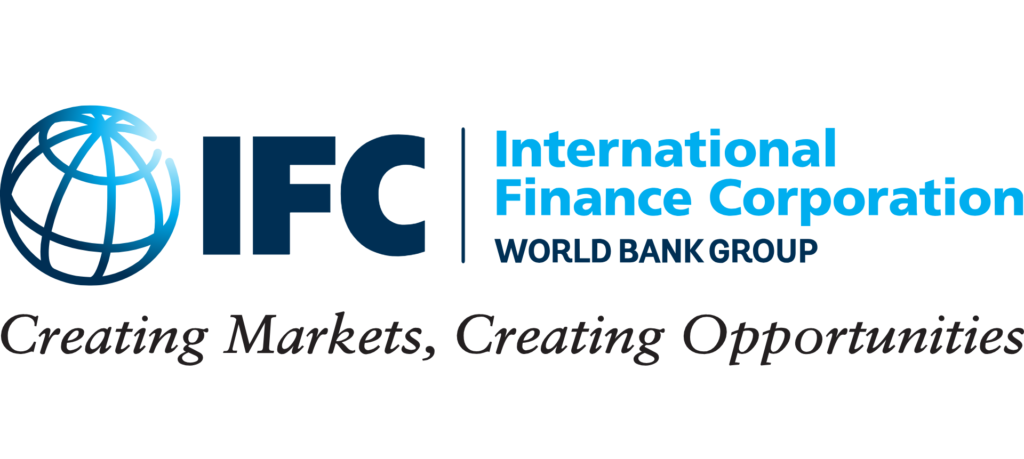São Paulo, Brazil, September 11, 2023 – IFC allocated a record of $6.5 billion to Brazil in the fiscal year 2023 to help boost the country’s economic growth while strengthening key sectors, boosting climate finance, and creating more jobs.
This is the largest amount committed by IFC in Brazil since it started operating in the country 66 years ago. The fiscal year 2023 results – which include short-term and long-term finance with resources from IFC’s own account and mobilized with third parties – represent a 48 percent jump from the previous fiscal year. With a committed portfolio of almost $7 billion, Brazil is IFC’s largest exposure in Latin America and the Caribbean and the second largest worldwide.
“IFC’s record investments for the third consecutive year is evidence of our commitment to supporting Brazil’s development vision. Leveraging private sector financing to enhance productivity, strengthen Brazil’s capital markets, empower small businesses, and support innovations to tackle climate change have been at the forefront of our work over the last year,” said Carlos Leiria Pinto, IFC Brazil Country Manager.
During the 2023 fiscal year (July 1, 2022, to June 30, 2023), IFC supported key sectors of the Brazilian economy, including water and sanitation, health, renewable energy, and infrastructure through a range of investments along with advisory on structuring public-private partnerships (PPPs). Out of the $6.5 billion in new commitments in Brazil, $4.2 billion were mobilized with other financial institutions, highlighting IFC’s convening power and its critical role to attract private investments to support Brazil’s growth.
Climate and Gender in the Heart of IFC’s Strategy
Climate is a key element of IFC’s strategy in Brazil. In the fiscal year 2023, 66 percent of IFC’s own-account investments (close to $1.1 billion) were directed to projects with a climate component, which means they incorporate solutions to support climate change mitigation or adaptation in Brazil. This represents a 44 percent increase as compared to the previous fiscal year.
One of the goals of IFC’s climate investments is to help alleviate climate challenges related to urbanization by supporting improved efficiency in the transportation and logistics sector. One example is IFC’s investment in Cobli, a São Paulo-based leading telematics FleetTech. In addition, IFC is supporting the decarbonization of key industrial processes through investments such as the sustainability linked-loan to Votorantim Cimentos, which will contribute to a low-carbon transition in the cement industry, and the support to Boston Metal, which will boost production of green steel manufacturing in Brazil.
Highlighting the importance of using innovative financial instruments to deepen the Brazilian capital markets and sustainable financing, IFC provided sustainability-linked loans to Orizon, a waste treatment company, and Suzano, a leading integrated forestry, pulp and paper company. In addition, IFC provided a blue loan to Sanasa to help improve access to water and sanitation in Brazil, and a combined green and sustainability-linked loan to Neoenergia Elektro, a Brazilian power distribution company, to support the country’s shift to clean and more efficient energy. Moreover, IFC also anchored and supported several issuances through key investments, including BRL400 million in EcoRodovias to make Brazil’s road transport more competitive and sustainable, and up to BRL780 million in Patria Investimentos to enhance infrastructure development, while also reducing the gender gap.
IFC has been working – through investments and advisory programs – to support women-owned micro, small and medium-sized enterprises and promote gender equality and inclusion. IFC subscribed $200 million in Brazil’s first gender bond with Itaú Unibanco and acted as an anchor investor to help mobilize other investors with Itaú. This year, the institutions celebrated the 10-year anniversary of Itaú Mulher Empreendedora, a program designed to inspire and connect women entrepreneurs from Brazil. Since 2013, the program has already impacted over 800.000 women.
“Building on this momentum, as IFC continues to work with partners and stakeholders to spur private sector growth in Brazil, more collaborative engagements and climate-smart innovations across sectors will help the country prioritize a low-carbon growth trajectory and scale up development impact, promoting a resilient and sustainable economy,” added Carlos Leiria Pinto.

About IFC
IFC — a member of the World Bank — is the largest global development institution focused on the private sector in emerging markets. We work in more than 100 countries, using our capital, expertise, and influence to create markets and opportunities in developing countries. In fiscal year 2023, IFC committed a record $43.7 billion to private companies and financial institutions in developing countries, leveraging the power of the private sector to end extreme poverty and boost shared prosperity as economies grapple with the impacts of global compounding crises. For more information, visit www.ifc.org.
Article Credits: IFC
